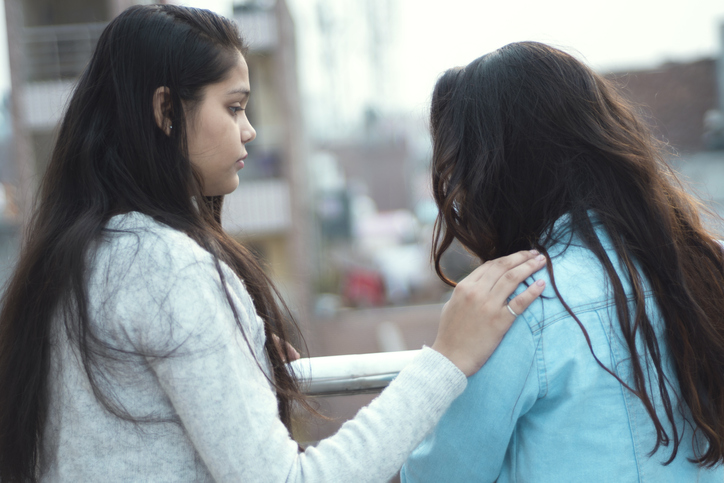‘Honour-based’ violence
You may have been told you have brought ‘shame’ on your family or community, or given them a ‘bad name’. When someone in your family or community hurts or threatens to hurt you because of this, it is called ‘honour-based’ violence (HBV).
This content has been written for children and young people. If you’re looking for information for over 18s, visit our types of crime information about ‘honour-based’ violence.
Many young people experiencing HBV think it’s their fault, but it’s important to remember that nobody has the right to hurt you because you have taken decisions or actions that they may not agree with.
Because HBV often happens in families and communities, it is really important to get support outside of the family to help keep you safe.

